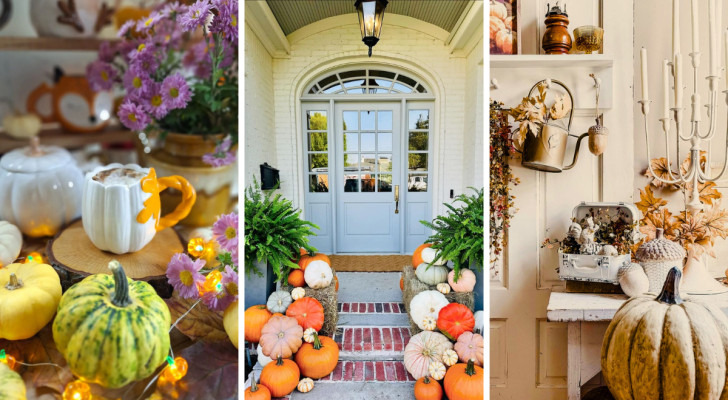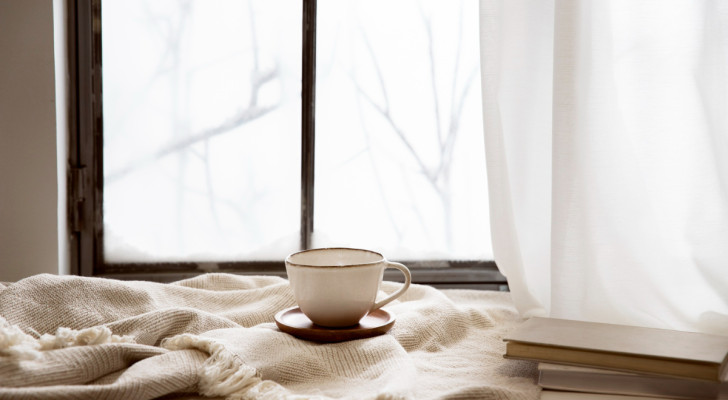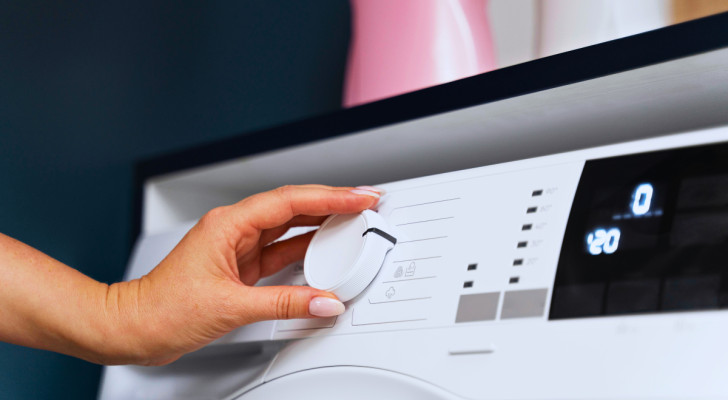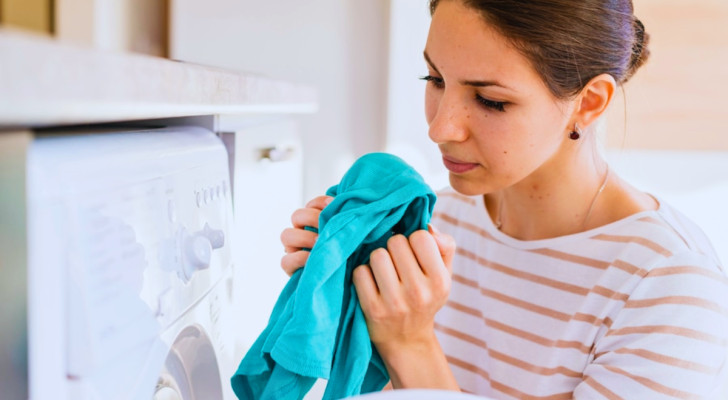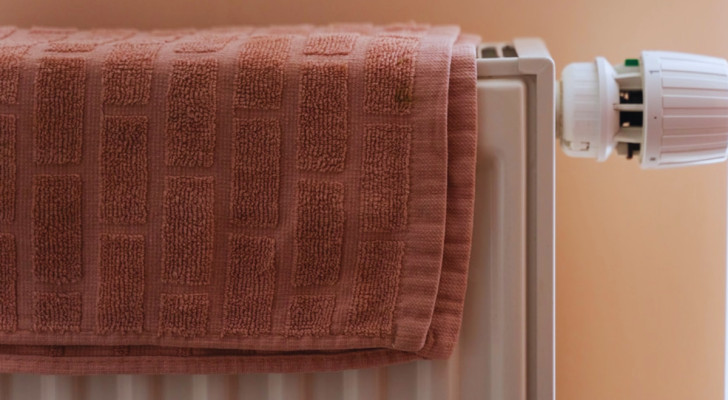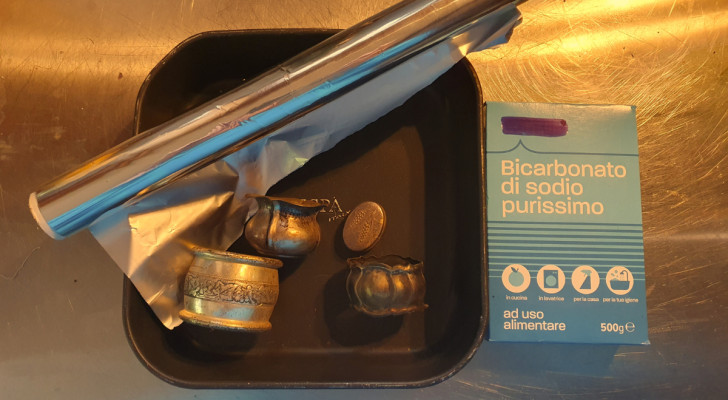3 special, home-cleaning products you won't need to buy anymore: you can replace them with these products and DIY detergents

Keeping special products to hand for use on a specific surfaces can be a real pain in the "you-know-what"! Given this, it's worth knowing that there are alternative and/or DIY detergents you can make which can act as multi-surface cleaners. Going this route will save you time and money - read on to find out more:
Cleaning the toilet
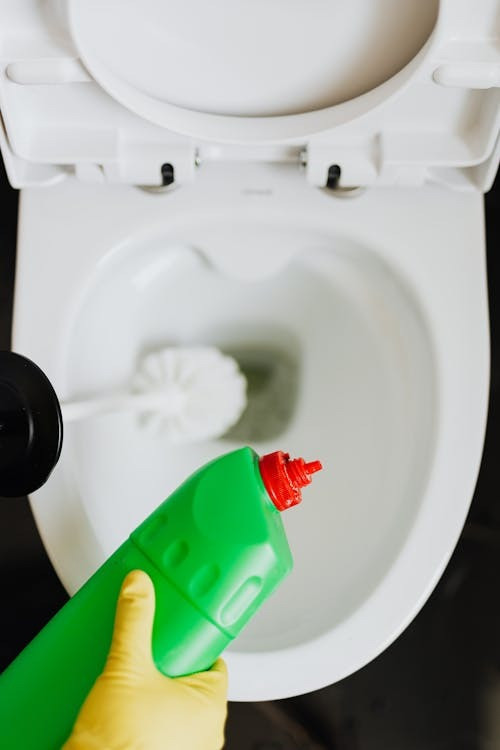
Karolina Grabowska/Pexels
For the regular cleaning of toilets, you can use two products:
- Baking soda: just mix some baking soda with a little water to make a paste and spread this on any stains. Leave to act for a while and then scrub off. You can also add a couple of drops of an essential oil (mint, tea tree, lavender or citrus) for a pleasant scent.
- A multi-purpose detergent: you can get multi-purpose, bleach-free detergents very readily and most of these will work very well on your toilets.
- Detergents with oxalic acid: there many brands/versions of powdered or liquid oxalic detergents readily available in shops. They are often sold as anti-rust or stain removers for wood and marble, but they are also great for cleaning the porcelain of toilets. Effective in removing limescale and rust, these products are often milder than hydrogen peroxide!
Cleaning the oven
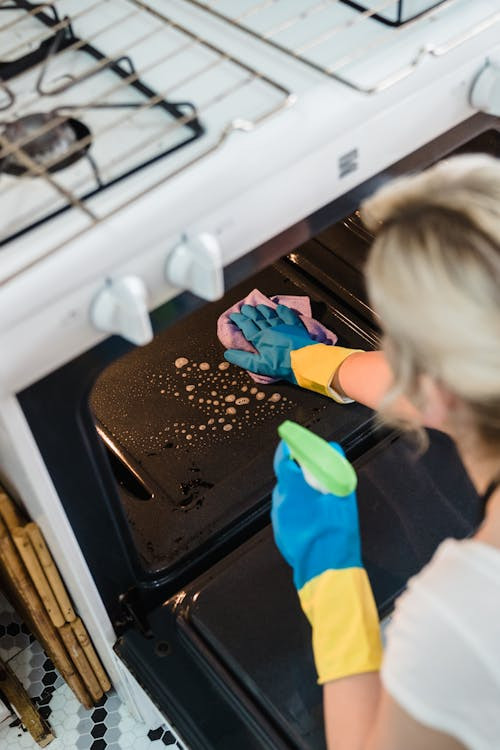
Liliana Drew/Pexels
Most modern ovens have a very convenient, self-cleaning function, which incinerates the grime, making it very easy to remove. But if your oven doesn't have this function, there are options:
In fact, good, old baking soda and white vinegar can come in very useful here. Make a paste from water and baking soda, spread it over the oven's internal surfaces (getting it over the grime) thoroughly. Then, wait half an hour (or more) for the paste to act. Once this time has passed, spray vinegar on the paste, and wait for the bubbling reaction to end. Once the reaction has exhausted itself, wipe off all the grime with a wet sponge or cloth.
To soften up stubborn grime, you can put a small bowl of vinegar and water (in equal parts) inside the oven (or use lemon juice instead of vinegar): with this bowl inside, heat the oven up to 100°C, leaving it on for 5 -10 minutes after it reaching this temperature. After this time, turn off the oven but don't open the door. After half an hour or so, you can open the oven door and you will see that the steam produced by the ingredients in the bowl has softened up the grime, allowing you to proceed with the cleaning (as described above).
Cleaning glass
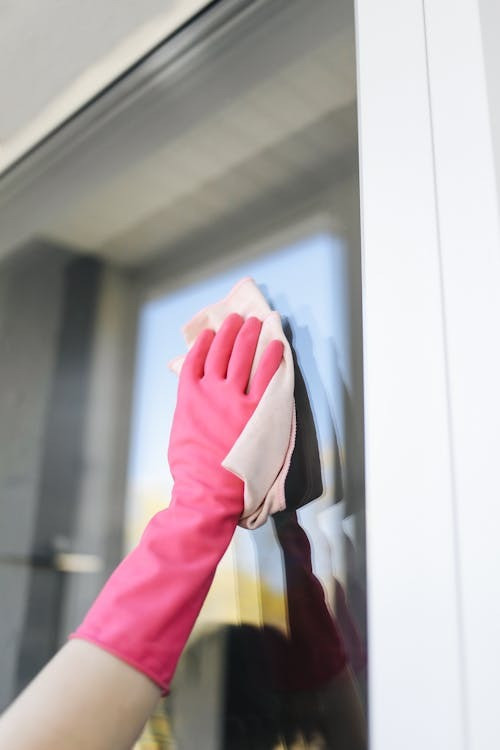
Polina Tankilevitch/Pexels
From mirrors to windows, to shower cubicles: in addition (or as an alterntive) to special, alcohol-based detergents, you can use a simple mix of water and white vinegar in equal parts decanted into a spray bottle. You can use this mixture just like you would a regular glass-cleaner. And given this mixture has vinegar in it, it can be also be used to clean the kitchen sink, the bathroom sink, worktops, metal surfaces and more.
